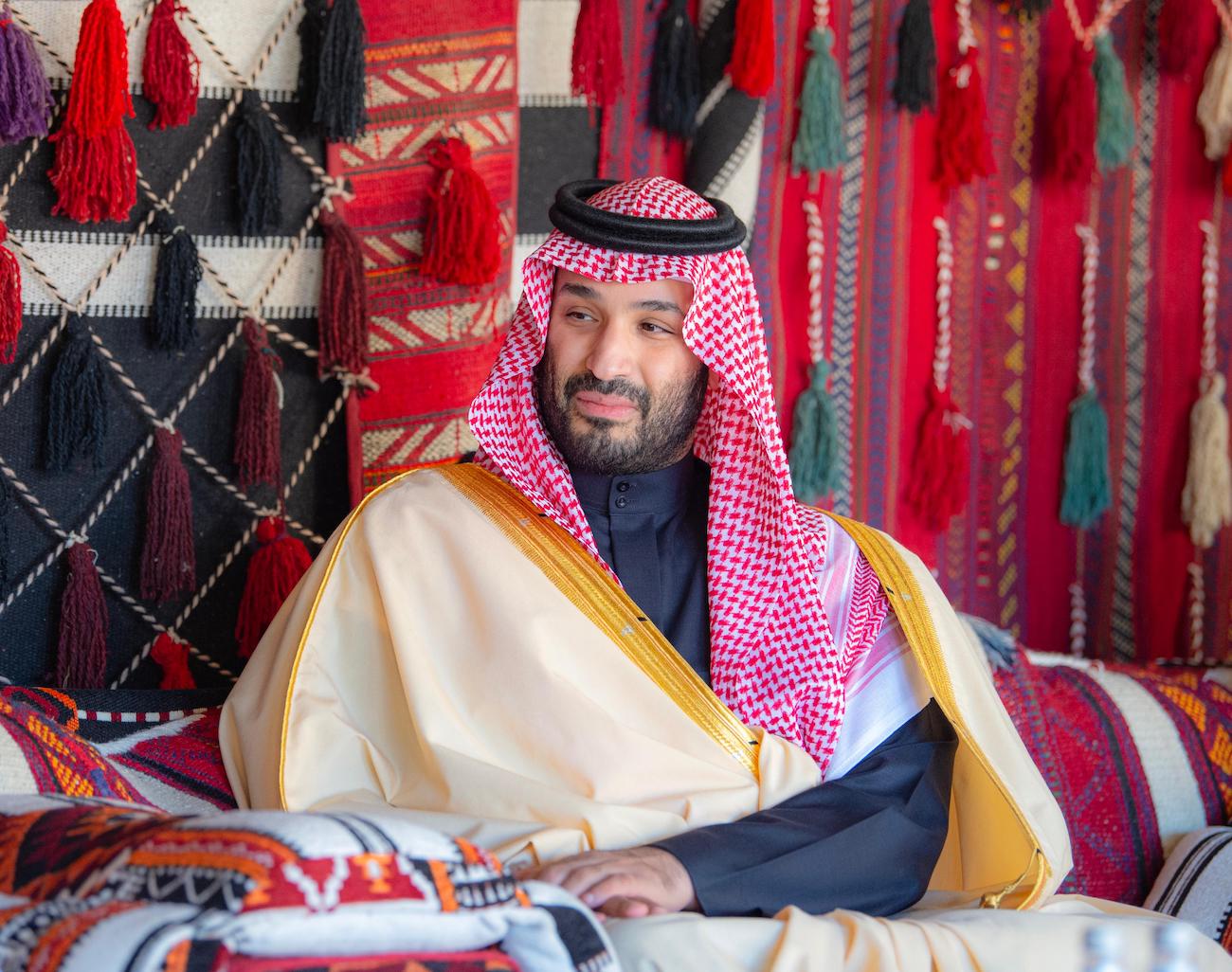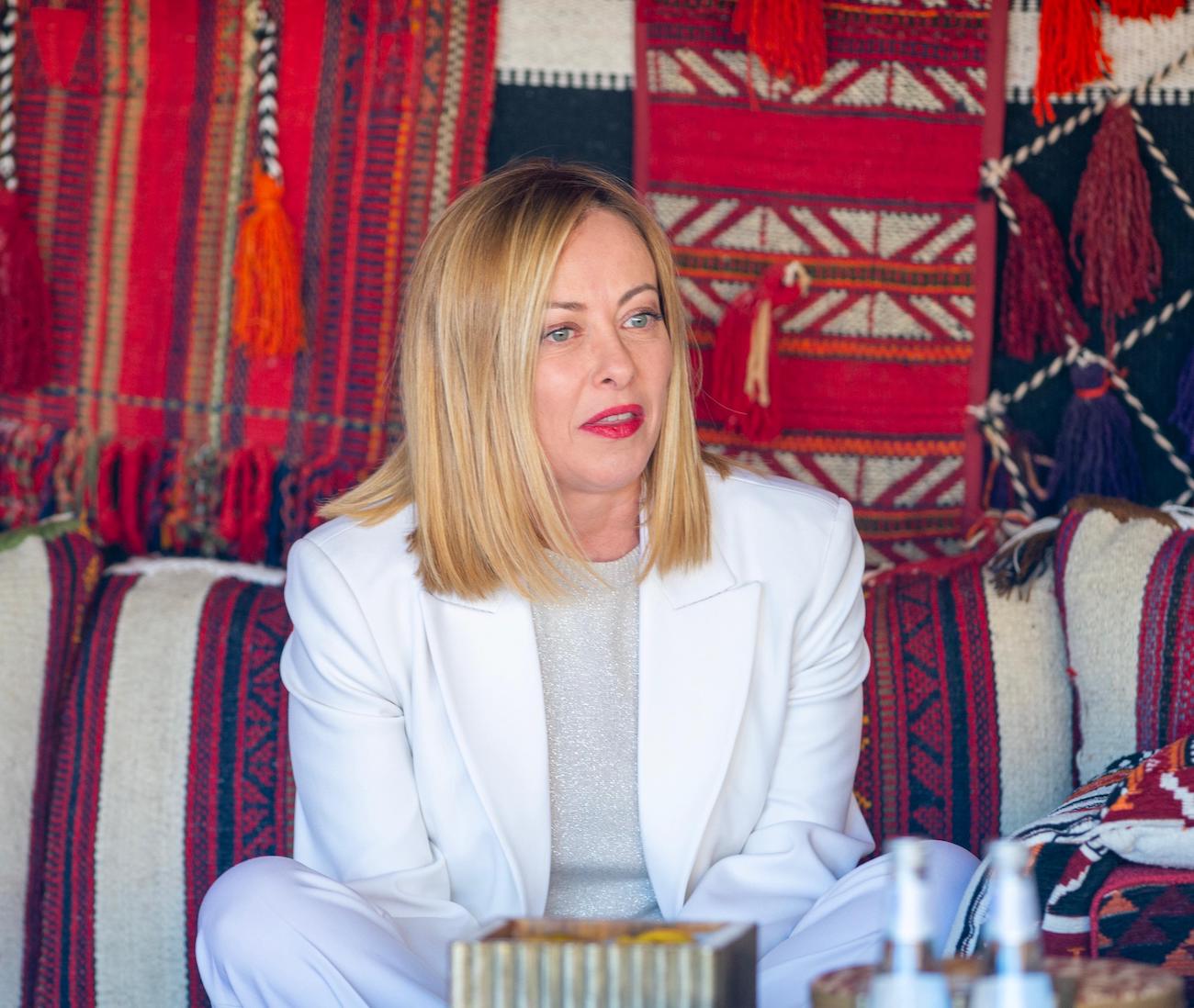JEDDAH: Saudi Arabia has been able to achieve unprecedented economic and social advances in a short period of time, Crown Prince Mohammed bin Salman said on Thursday.
Commenting on King Salman’s address to the Shoura Council, the crown prince said that the Kingdom has experienced exponential economic growth in the past three years and he is optimistic that this will accelerate after the coronavirus pandemic ends.
Non-oil revenues contributed an estimated SR 1.8 billion ($480 million) to the economy in 2016, he said. Plans were made to increase this contribution, resulting in rapid growth over the past three years, he added.
The crown prince said that authorities in the Kingdom are also working to reduce the unemployment rate as a matter of priority. He said that women account for 64 percent of the total unemployment rate, but a number of reforms have created opportunities that led to an increase in the participation of women in the workforce, from 17 percent to 31 percent in the past year alone.
Prince Mohammed said that although corruption was once rife in the country and had spread like “cancer,” a campaign to tackle this has been very successful, resulting in settlements amounting to SR 247 billion riyals in three years.
After investing more than SR 55 million in digital infrastructure in the past three years, the nation now ranks first among G20 member states in terms of digital competitiveness, and has climbed 40 places on the Digital Infrastructure Index.
During his speech, the prince praised the Public Investment Fund (PIF) for becoming one of the main engines of growth for the Saudi economy.
“We managed to double the size of the PIF from SR 560 billion to more than SR 1.3 trillion,” he said. “We have investments with returns that exceeded 70 percent, and others that exceeded 140 percent.”
He added that the PIF has created more than 190,000 jobs over the past four years.
Turning to the issues of terrorism and extremism, the crown prince said that Saudi Arabia rejects any attempt to associate Islam with terrorism and asserted that intellectual freedom is a means of respect and tolerance.
Speaking a day after a cemetery was attacked in Jeddah, and hours after a shooting at the Saudi embassy in the Netherlands, he vowed that the Kingdom will continue to strike back with an “iron fist” against those who threaten its security and stability. He also reiterated his promise to eradicate any and all forms of extremism in Saudi Arabia.
“In 2017, I pledged to eradicate extremism immediately, and we have actually launched a serious campaign to address its causes and deal with the phenomena,” he said. “Within a year, we eliminated an ideology that took 40 years to create.
“Islam criminalizes these terrorist operations, prohibits bloodshed, and forbids the deception and killing of peaceful people. We promise a deterrent, painful and very severe punishment for anyone who might wish to carry out a terrorist act and employ hate speech.
“We hope that the world will rid itself of contempt for religions and stop attacking religious and national symbols under the pretext of freedom of expression, as this will create fertile grounds for extremism and terrorism.”
Regarding the environment, he said, the amount of conservation land in the Kingdom has been increased from 4 percent to more than 14 percent, the crown prince said, and the Special Forces for Environmental Security was established.
The Ministry of Culture has established 11 organizations to develop the country’s cultural sectors, he said, which has created jobs, contributed to an increasingly thriving economy and improved the overall quality of life.
The Saudi economy is one of the largest and most important in the world, the prince said, and the government has implemented a number of reforms to improve the quality of the labor market for citizens and residents.
“With regard to the rights of expatriates, we have taken numerous measures to restructure the contractual relationship so as to preserve their rights and contribute to increasing maturity in the labor market,” he added.
“Work is underway, in line with the Kingdom’s Vision 2030, to reform the labor market and provide more jobs for citizens. One of the Vision’s goals is to reach an unemployment rate of 7 percent by the year 2030.
“The unemployment rate nearly reached 13 percent in 2018. We were able to witness a continuous decrease to 11.8 percent at the beginning of 2020, by increasing the efficiency of government agencies, the investments of the PIF and other government programs and initiatives.”
He added: “Our next goal will be improving citizens’ income.”
The government has also carried out wide-ranging restructuring processes in a number of sectors, in accordance with the goals of Vision 2030, designed to further enhance non-oil revenues.
“If we had not raised non-oil revenues to nearly SR 360 billion this year, but had maintained the same revenue as was earned in 2015 which was estimated at nearly SR100 billion, we would have been forced to reduce the salaries of public-sector employees by more than 30 percent,” the crown prince said.
“Despite cutting the cost-of-living allowance, we have succeeded in preserving citizens’ salaries, as well as most of their allowances and bonuses, maintaining a capital expenditure of SR 137 billion, increasing spending on operations and maintenance, and bearing the high costs of health care due to the pandemic, which have amounted to SR 188 billion.
“Revenue diversification is important and vital for the Kingdom’s sustainability. We are seriously working on this issue through the investments of the PIF, and by supporting new sectors such as tourism, sports, manufacturing, agriculture, transportation, space, mining and much more, in addition to working with the private sector.”






































